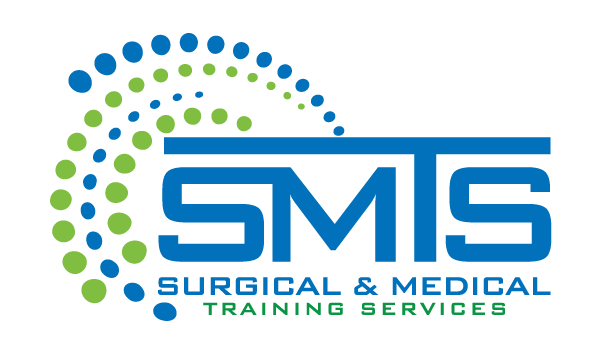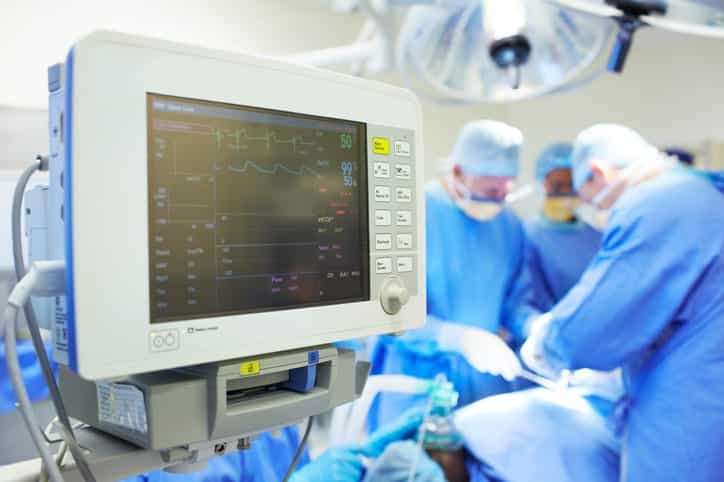ONGOING LEARNING OF TODAY’S CARDIAC SURGEON
In the September 2017 issue of the Journal of Thoracic and Cardiovascular Surgery, Dr. Marc Pelletier and colleagues discussed the ways in which the field of cardiac surgery is rapidly evolving. One of the most significant and beneficial changes taking place is the widespread availability of interventional cardiac procedures. This singular transit from corrective to interventional is having a profound impact on how cardiologists provide care. This, in turn, is affecting the aspects of training a doctor needs to focus on in the foreseeable future.
SURGERY AS ART
Cardiac surgery requires comprehensive familiarity with the structural anatomy of the heart as well as with the artistry of cardiac interventions. Essentially, the cardiologist must have wiring skills that are above-average. Wiring skill is presented in almost every cardiac procedure and cannot be stressed enough. According to Pelletier and his colleagues, a cardiac surgeon should dedicate at least a few months of their initial training to wire skills. Beyond this, ongoing education remains a critical aspect of high-level patient care.
SIMULATION
There aren’t many medical specialties in which there is no mention of simulation as a beneficial means of continued education. What needs to be considered is the value of the various types of simulation available today. Due to immense improvement in digital fidelity, there has been a large push to integrate virtual reality simulators into medical education. As convenient as virtual reality is, and as detailed as this technique has become, there are limitations that cannot be overcome in the digital realm. The cardiac surgeon needs ongoing training that mimics real-world practice as much as possible. The best way to achieve this has been and quite possibly may always be to engage in cadaver training. Cadavers continue to provide the best interface for medical training, whether it is surgical technique or the use of innovative devices that needs to be practiced.
DEDICATION
The final aspect of cardiac care discussed in the Journal piece focused on dedication. Every physician must have a strong sense of dedication to their patients as well as to their chosen profession. Cardiac surgery demands an extremely high level of competence, which is only obtained through regular exposure to surgical techniques and ongoing medical education.
SMTS – Surgical & Medical Training Services is a non-profit organization committed to bringing real-world medical skills into the digital age. Our facilities and courses are geared toward the high-standards medical pioneers are known for. To learn more about heart and thoracic courses and the use of cadaver labs for continued education, call (888) 801-9444.

